President William Ruto has committed to resolving the issues highlighted by demonstrators.
These protests, which resulted in the tragic loss of 23 lives and left over 300 individuals hospitalized, have prompted the president to take immediate action.
To demonstrate his dedication to addressing these grievances, President Ruto held a high-profile meeting today at State House with a delegation of bishops and pastors from the Catholic Church.
This meeting, part of his ongoing efforts to engage with various stakeholders, aimed to discuss the challenges and demands raised by the protesters.
According to an update from the president, the discussions focused on the critical issues that fueled the two-day demonstrations, which were predominantly organized by the younger generation.
The protests, which rocked various parts of the country, highlighted deep-seated frustrations among the youth regarding the government’s policies and actions.
The absence of Deputy President Rigathi Gachagua from the meeting was notable.
Gachagua had recently held a press conference in Mombasa where he criticized Noordin Haji, the head of the National Intelligence Service, adding another layer of complexity to the current political climate.
His absence suggests a possible rift within the administration or differing approaches to handling the crisis.
During the meeting, the religious leaders emphasized the importance of dialogue and peaceful resolution of conflicts.
They conveyed the concerns of the youth, who have been vocal about issues such as unemployment, corruption, and lack of transparency.
The clergy’s involvement underscores the critical role that faith-based organizations play in mediating conflicts and fostering national unity.
President Ruto reiterated his commitment to engaging with the young people directly.
He announced plans to hold a forum specifically dedicated to listening to and addressing their concerns.
This upcoming meeting is expected to provide a platform for the youth to voice their grievances and propose solutions in a structured and constructive manner.
The president’s approach highlights his recognition of the importance of inclusivity and responsive governance.
By meeting with the youth and other stakeholders, he aims to bridge the gap between the government and its citizens, particularly the younger generation who feel marginalized and unheard.
The success of these initiatives will depend largely on the government’s ability to implement tangible changes that reflect the demands of the protesters.
Addressing issues such as unemployment, corruption, and lack of accountability will be crucial in restoring trust and confidence in the administration.
As the country waits for the promised forum, the focus remains on how President Ruto will navigate this challenging period.
His commitment to resolving the issues raised during the protests marks a critical step towards healing and national reconciliation.
However, the effectiveness of his actions will ultimately determine whether the recent unrest leads to meaningful and lasting change.
In the coming weeks, all eyes will be on the administration’s ability to transform promises into concrete actions.
The youth of Kenya, emboldened by their recent demonstrations, will undoubtedly continue to hold the government accountable, ensuring that their voices are not only heard but also acted upon.

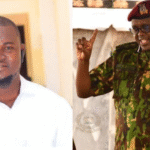

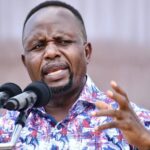

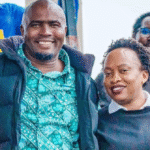

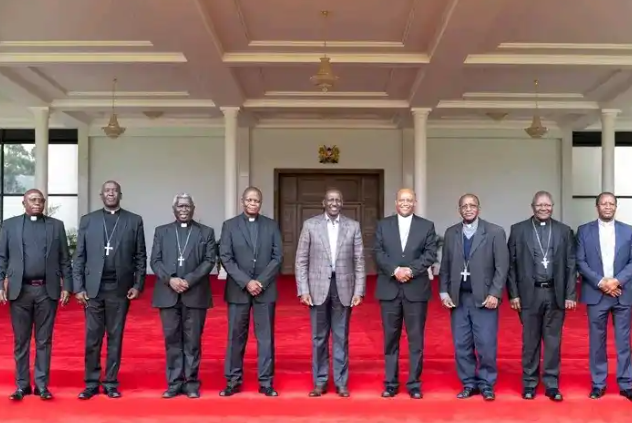

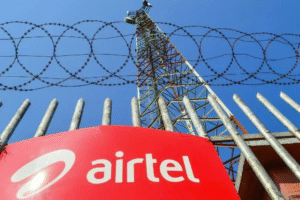
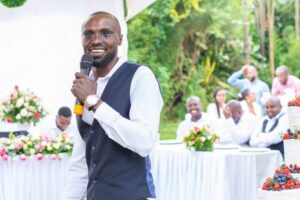

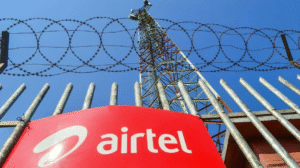

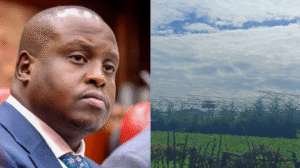


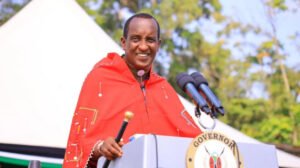
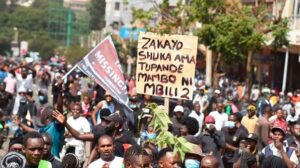
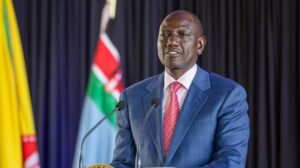
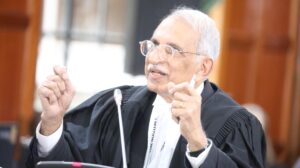
Add Comment